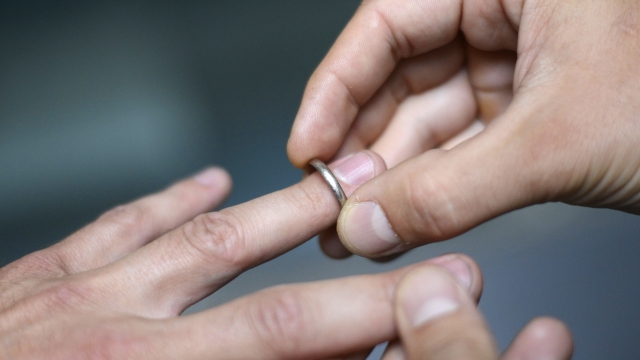We all want to be able to trust the people we deal with on a regular basis. Most of us would like to think of ourselves as pretty honest people, too – even though we might stretch the truth a little bit sometimes. No one is completely honest all the time, or at least no one nice. Right?
Well, when it comes to understanding whether someone else is being honest with you, we tend to have a different belief. We think we want complete honesty all the time – unless we don’t – and it’s hard to tell when someone’s being truthful with you, or they’re trying to spare your feelings. (Or, even worse, when they’re trying to spare themselves from feeling guilty.) But former FBI agent Jack Schafer says that learning to tell when people are being dishonest with you really isn’t as hard as you might think.
Yes-or-no questions deserve yes-or-no answers.
This one should really be more obvious than it is. If you ask someone a yes-or-no question and they give you any answer other than yes or no, and maybe a short explanation, they’re probably lying – or at least withholding something. Politicians tend to be pretty bad about this one – just look at former US President Bill Clinton and his now-infamous “is” speech.
“It depends upon what the meaning of the word ‘is’ is. If ‘is’ means ‘is,’ and never has been, that’s one thing. If it means there is none, that was a completely true statement.”
This explains what Schafer calls “the Land of Is”. People want to think of themselves as honest, so most people will work to manipulate the language in a way that makes what they’re saying technically true, while the actual meaning behind their words is confusing to the person who asked the question.
“Answer procrastination” gives time to come up with a story.
When asking a direct question to someone, an honest person will generally give a direct answer. Dishonest people, on the other hand, will start their reply with “Well…” or another word of procrastination. These are the words you added into your school essays to give the appearance of more substance, while they really only stood as a stalling tactic. It’s the same thing here – when someone starts a sentence with well, um, what?, or any other words that feel like they’re stalling, they probably are.
Schafer also says that someone will start their answer with “well” if they know that the answer isn’t what the person asking would expect. This can be a sign that they’re concerned about how you’ll react, but it’s highly likely that they’re being deceptive.
“Why should I believe you?”
When in doubt, don’t be afraid to ask someone why you should believe them. You might be worried that they’d react poorly to an accusation of lying, but according to Schafer, honest people usually won’t be offended.
If you ask an honest person why you should believe them, most of the time, the answer will be “because I’m telling the truth”, or something similar. But liars will have a hard time saying the specific words, because they know they’re not telling the truth, and generally people want to be honest.
When confronted with this question, a liar might say something like “I’m an honest person,” or “You don’t have to believe me,” rather than saying that they are telling the truth. In some cases, when they’re being deliberately deceptive, they might even act like you’ve hurt their feelings by calling them out on their dishonesty. This is done in an attempt to make you feel guilty for catching them. It’s nothing more than a tool for manipulation.
Expect a margin of error.
Schafer goes on to say that there is no 100% fool-proof way to tell if someone’s lying to you – these tips are more of an “on-average” observation. Furthermore, the further you dig into investigating someone’s truthfulness, the more likely that they’ll be able to tell you’re onto them – and as such, they have time to change their answers to future questions. Truly deceptive people are often masters in their craft and can have the most logical souls turned gullible. As a general rule of thumb, telling the truth is easier – so most people will keep their honest answers concise!
If someone’s answer is more explanatory than it should be, or if they seem to skirt the issue, they’re probably deceiving you. Take the time to examine their answers a little more carefully. If things don’t add up, there’s probably a reason – and it’s probably intentional.
[interaction id=”55e4bd3dd126414f21123128″]









